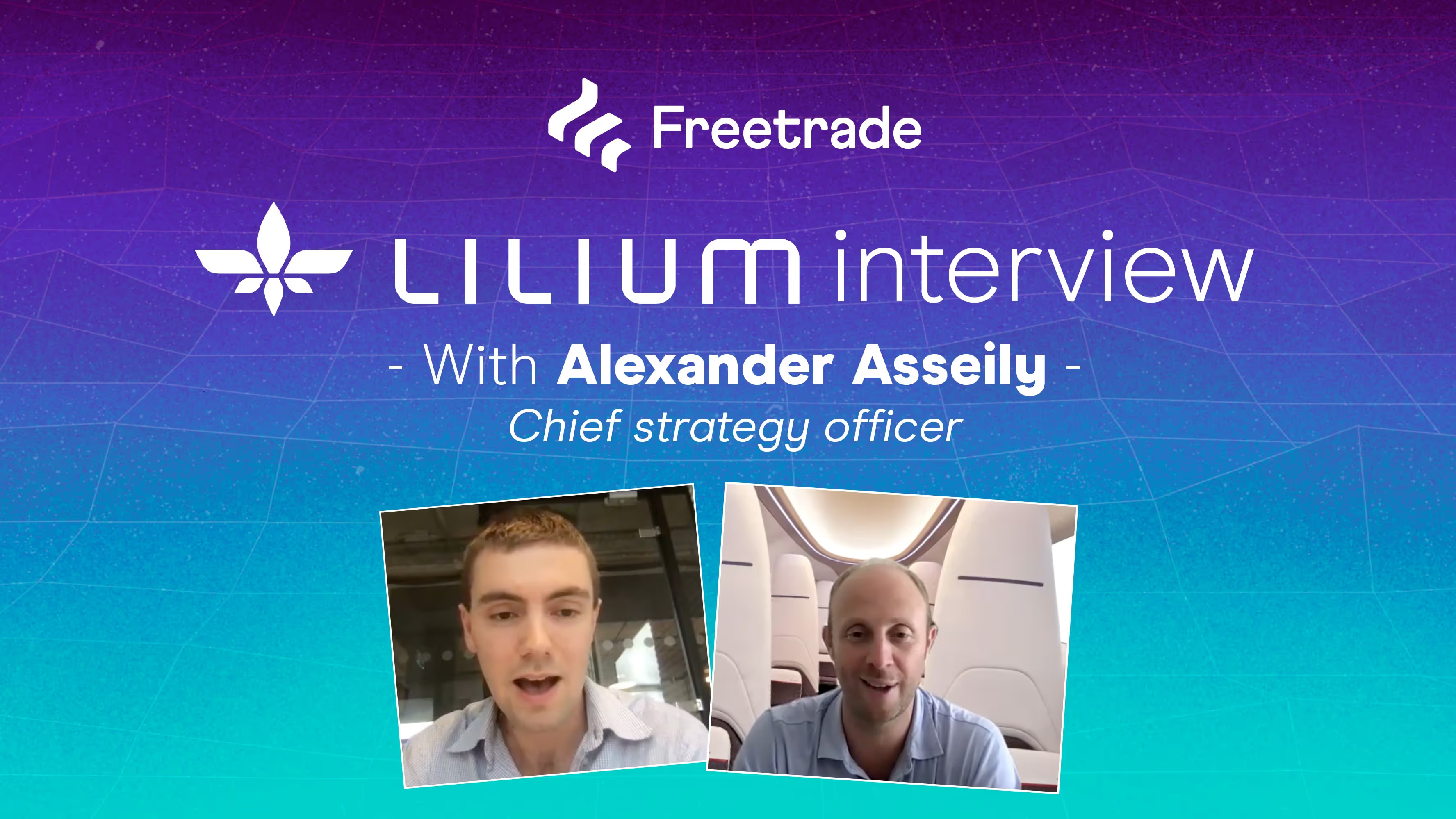Don’t be fooled by headlines Amazon shares are suddenly cheaper now that they’re splitting their stock. They aren’t.
Sure shares will cost one-twentieth of the previous price for new investors (from $2,975 to $149 as of last night's after-hours price).
But for your $149 you’ll get one-twentieth of the profit, cash flow, dividend (that is, if they ever pay one).
For current shareholders, you’ll get 19 new shares for every one you currently hold. They’ll just be priced at $149 instead of $2975, and that makes no difference to the value of your holding.
Past performance is not a reliable indicator of future returns.
Source: Koyfin, as at 9th Mar 2022. Basis: local currency terms with income reinvested.
So why do it?
Well, it’s a bit of a gimmick. The only argument for stock splits is they allow people without $3,000 on hand (in Amazon’s case) to become a shareholder.
A noble cause indeed, but with the advent of fractional shares, it seems an old fashioned argument.
Amazon says it’s helping its employees offload some hard-earned stock awards. Okay, maybe. If employees needed to transfer their shares to a company offering fractionals, the process can be a bit of an admin headache. So this could be a legit reason.
Mostly, it seems like an awful lot of hullabaloo.
You might then ask whether Amazon’s management is trying to stimulate some short-term demand in their stock. Whether this is their intention (we highly doubt it) it’s tempting to believe a lower price could lead to more demand. And in turn, this would jack the price back up.
This might be true. But only in the very short term.
For anyone with a time horizon longer than a couple of months, when it comes to stock prices, it’s profits and cash flow that matter - not supply and demand.
Stock prices can and do become disconnected from the company’s fundamental reality, but not for long.
Just look at some of the high-flying tech companies whose stock prices became detached from reality last year. That happened because there were more stock buyers than sellers in the post-pandemic boom.
Most of these stocks have come crashing back down to earth.
There are some investors skilled enough to game short-term demand and supply dynamics, but not many. Most, over time, will underperform a broad index of stocks.
In February, Alphabet also announced a 20-for-1 stock split and its shares have gone sideways since.
So while stock splits garner a lot of headlines, they create zero shareholder value.
There is only one way for management to create shareholder value and that’s to allocate capital in a way that improves profit and cash flow.
No amount of stock splitting will achieve that.
Sign up to Honey by Freetrade, our market newsletter.

See the most popular investments with a breakdown of the most traded stocks and most popular ETFs on Freetrade. Follow the IPO calendar and keep an eye on exciting new investment opportunities.
This should not be read as personal investment advice and individual investors should make their own decisions or seek independent advice. This article has not been prepared in accordance with legal requirements designed to promote the independence of investment research and is considered a marketing communication.When you invest, your capital is at risk. The value of your portfolio can go down as well as up and you may get back less than you invest. Past performance is not a reliable indicator of future results.Freetrade is a trading name of Freetrade Limited, which is a member firm of the London Stock Exchange and is authorised and regulated by the Financial Conduct Authority. Registered in England and Wales (no. 09797821).

.avif)



.avif)






